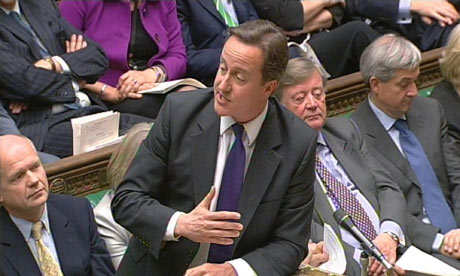I normally yield to no-one in my defence of MPs and their workload; the sense of public spirit that has led them into parliament; the fact that they are significantly under appreciated etc. But tonight, such warm, positive feelings evaporated. They are a bunch of workshy charlatans who wouldn't know a hard day's work if it came and danced in the aisles of their under used committee rooms.
The reason for my onset of annoyed angst has nothing to do, of course, with a misplaced attempt to bring my students to the heart of the mother of parliaments to watch a twilight session of the Houses in operation. Having checked the daily schedule s of both Houses it looked as if there might be enough to keep them going until the noted adjournment times of 10.30 pm. Admittedly the last Commons debate, on the vexed topic of nut allergies on flights could, it might be argued, have yielded fewer lengthy considerations than some other important elements of the body politic, but with counter-terrorism and the HSBC scandal on the agenda of the Lords, 7.30 didn't thus seem to be a particularly risky time to arrive for at least one chamber to still be operating; surely our hard working representatives would be bringing their fine minds to bear on the important details of their country's legislative agenda for a little while yet? After all, it was only Monday. Half days in public service normally don't crop up until at least Thursday do they?
Not a bit of it. Our evening journey to Westminster had been in vain. The pleasant officials on duty at the gate broke the news to us gently but firmly that there were no sittings still going on. Business was done. Democracy was on hold.
Getting a bunch of teenagers to agree to extend their working day is never easy. When it's proved to be in vain it is well nigh a disaster. There was no explaining away this one. My earlier exhortations that they were in for some high level political debate looked as hollow as an Easter egg. A lame group photo later, and our trip was done.
MPs workloads? As mythical as Stephen Fry's God.


